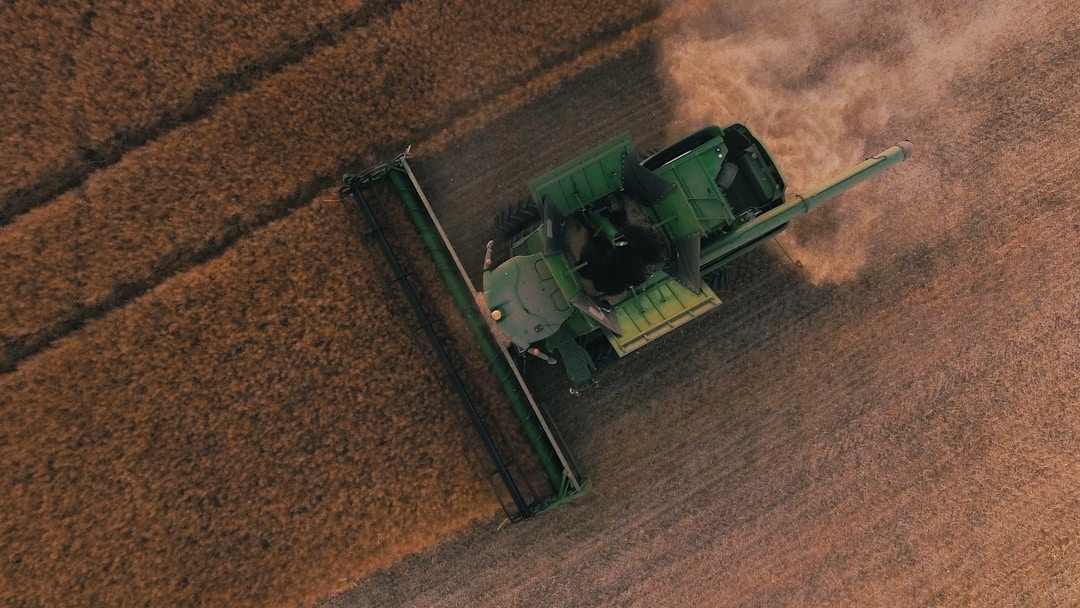There’s something innately satisfying about working the land and achieving the dream of owning your property. Many people are drawn to the idea of starting their farming business. However, starting a farming business involves more than just buying land and planting crops. It requires thorough planning, research, and commitment. In this article, we will discuss some crucial steps to kickstart your farming business and shed light on the risks and rewards associated with it.
Planning Your Business

An idea may be the start of everything, but it is the detailed plan that turns it into reality. A well-structured business plan precipitates the direction, establishes goals, and provides a roadmap for your farming business. While creating a business plan, consider factors like the type of farming you want to do, the equipment needed, the operational cost, and the target market.
Also, identifying your niche is critical as it helps in settling into a concrete market space making the competition manageable. Some familiar spaces include organic farming, agrotourism, and specialty crop farming. Another important aspect is checking if there is scope for agricultural construction Saskatchewan in your area. Infrastructure is crucial for the smooth operation of a farming business. So, you’ll need the right contractors to assist you.
Keep in mind the importance of location. Your farming should be within the proximity of your target market to ensure the effectual supply of your farm produce. Also, understand the type of soil on your farm, weather conditions, and availability of water. All these effects the kind of crops you can harvest on your farm.
Navigating Legal Requirements
Farming is a heavily regulated industry, which means you must adhere strictly to the laws and regulations. This includes obtaining the necessary permits and licenses depending on your farm’s location and the type of farming you choose. Make sure to have a comprehensive understanding of tax laws, environmental regulations, animal welfare laws, and safety regulations in the United States before you start.
It would be smart to hire a legal expert in the agriculture industry to help navigate these often complex fields. Legal violations can not only attract hefty fines but can also lead to the closure of your farming business. Moreover, be prepared to fulfill reporting requirements, which can be time-consuming but are necessary to meet regulatory standards.
Securing Funding
Starting a farming business can be quite expensive. Between purchasing land, securing equipment, and covering operational expenses, the costs can rapidly escalate. This is where securing funding becomes a necessity. There are various avenues for funding including personal savings, loans, or by seeking out investors.
However, before any institution decides to fund your business, they may require proof that your business will be profitable. This is where your business plan comes in handy once again. It shows your projected profit and loss statement, alongside your business strategy, proving you have a viable business model.
Apart from traditional banks and lenders, consider reaching out to business financial services to help manage your finance requirements better. Depending on the nature of your farming business, you might also be eligible for various government grants and subsidies.
Maintaining Sustainability and Growth

Farming is not a venture for those seeking quick rewards. It requires patience and hard work, but the satisfaction achieved when your efforts bear fruit makes it all worthwhile. Simultaneously, it’s also important not to lose sight of your business’s sustainability and growth in your quest for success.
Invest in technologies that can increase productivity and reduce labor, like automated milking systems or precision farming tools. Also, focus on maintaining the health of your soil through sustainable farming practices. This includes crop rotation, reduced use of pesticides, and natural fertilization methods.
Overall, starting a farming business is a significant undertaking; it requires careful planning, a great deal of hard work, and immense patience. With proper guidance and determination, it’s certainly an enterprise one can grow into a successful venture. The key is perseverance, sustainable practices, and an intuitive understanding of your land and resource management.







